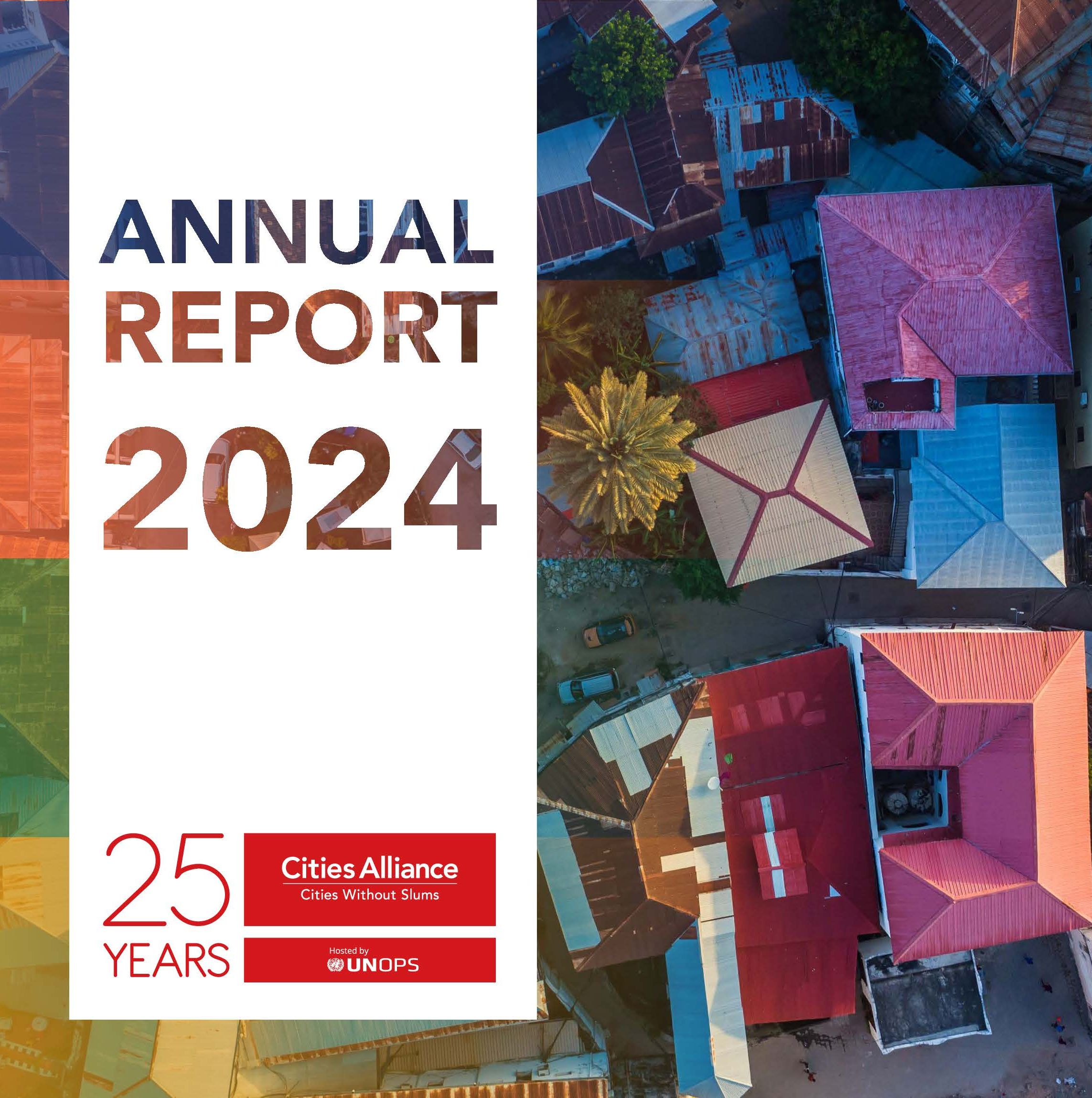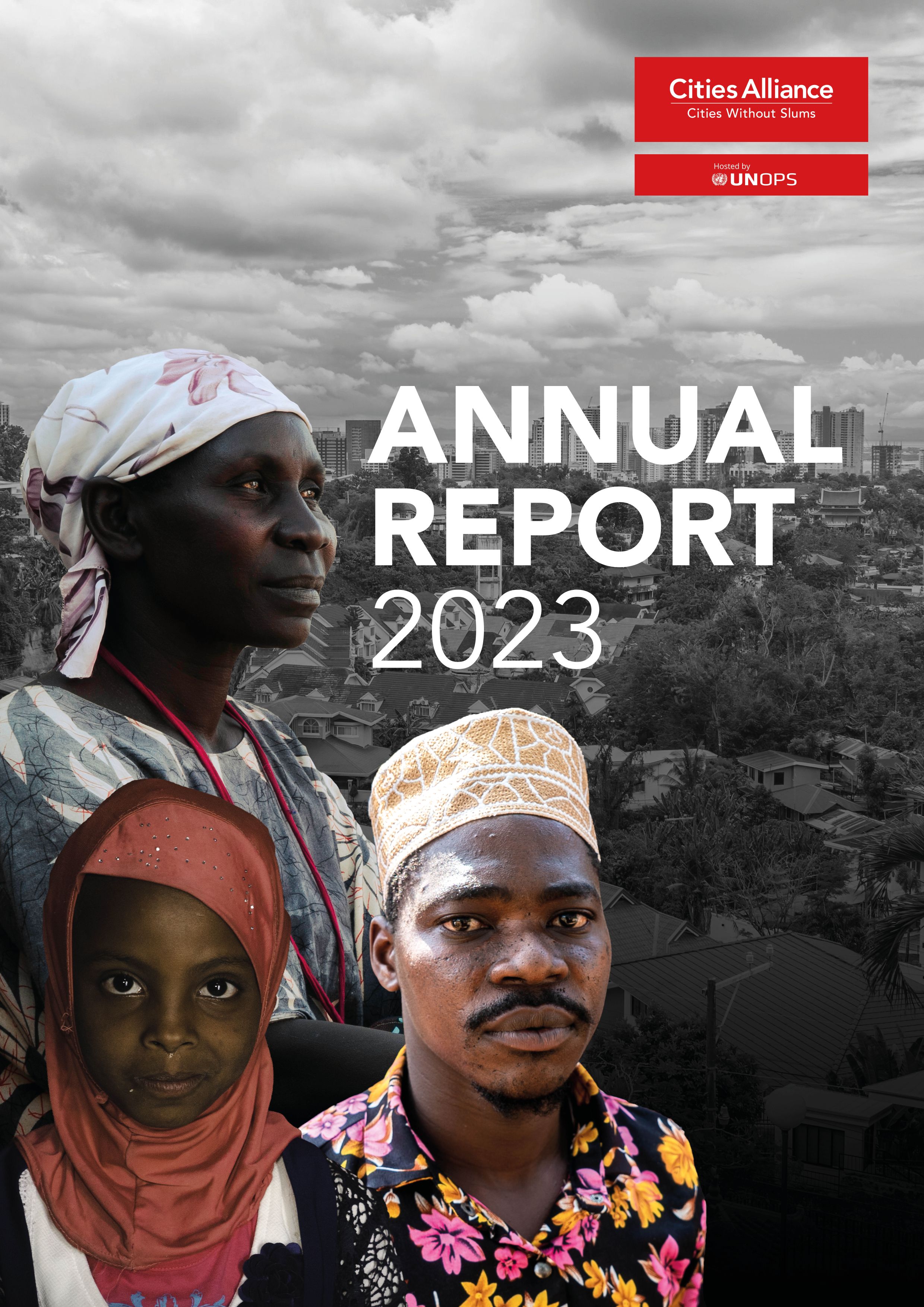- Who We Are
- How We Work
- Regional / Country Initiatives
- Legacy
- Core Themes
- Working Groups
- Portfolio & Results
- Newsroom
- Resources
Annual Report 2014
The year 2014 was one of the busiest for the Cities Alliance, although much of the activity was driven by the need to prepare for highly-anticipated outcomes from 2015 and 2016.
Highlights include:
-- Secondary cities. The Cities Alliance published a major new study on Managing Systems of Secondary Cities, which provides much-needed data on the changing trends of secondary cities and the role they can play in regional and national development. The publication, by Prof. Brian H. Roberts, was launched at the World Urban Forum in Medellin, and is already influencing the partnership's activities.
-- The new urban agenda. Much of 2014 was geared towards the preparation of the adoption of a post-2015 development agenda. Through the work of the Open Working Group, and the very effective mobilisation of a normally-dormant urban constituency, the issue of sustainable cities now has a very strong chance of a prominent place in the development agenda.
-- New governance. The Cities Alliance adopted a comprehensive set of governance and membership reforms at its annual meeting in Addis Ababa in November 2014. Through the far-sighted and flexible decisions of all Cities Alliance members, the conditions have been created for the Cities Alliance to become Sustainable Goal Development (SDG)-ready. The new structure also opens up the partnership to new constituencies which are playing an increasingly larger role in development


